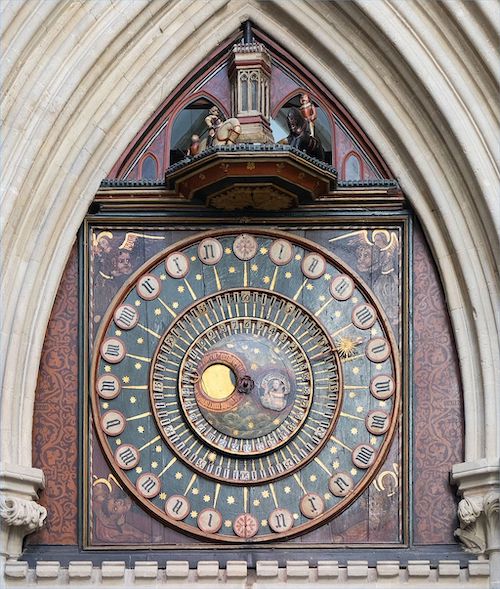
This weekend, I finally picked up Jonathan Safran Foer’s We Are the Weather which was included in my swag bag from the Jewish Farmer Network Gathering last winter. His writing in the nearly 70 page introduction is at once informative and prophetic; a call for action to mitigate the climate crisis and an analysis of the cultural forces working against the changes we need to make real progress. As you can imagine, I’m finding it simultaneously inspirational and depressing.
Thanksgiving, he notes, is celebrated by 96% of the American population. Foer describes multiple factors that help make this happen – a national holiday and day off from work, market sales foods to support the tradition. He argues the holiday is so pervasive that most people don’t decide to celebrate it. The architecture of society encourages participation. What if such architecture existed to encourage voting or a reduction of carbon consumption or antiracist community re-building?
His writing also had me thinking of our Jewish practices and the structures they provide. For example, substitute Shabbat for Thanksgiving in the following quotation: “We arrive at the table not because of feelings but because Thanksgiving is on the calendar, and because we’ve never skipped it before. We do it because we do it. Often, merely participating in an activity produces the feeling that was meant to inspire it in the first place.”
Sometimes I don’t feel inspired to light the Shabbat candles or read the weekly Torah parshah just because I am supposed to do so. But when I make time to mark the end of a long week and the start of the weekend or set aside time for study and for thinking about the meaning of our traditions in my contemporary life, I feel more connected to my Jewish identity. In other words, the architecture exists in Jewish tradition, if we choose to enter the space. As Rabbi Abraham Joshua Heschel taught, “Judaism teaches us to be attached to holiness in time, to be attached to sacred events, to learn how to consecrate sanctuaries that emerge from the magnificent stream of a year. The Sabbaths are our great cathedrals…”
As we enter the new year, and another month of the Covidian Era (to use a term I picked up from a fellow KSS member), some of us are feeling unmotivated. Unmotivated to get out of our pajamas. Unmotivated to write a research paper/poem/letter to an old friend. And unmotivated to participate in communal Jewish activities because it means another hour of technologically mediated interaction. But as we turn the page on 2020, I hope you’ll think again about joining us soon to reengage our culture and our community.
We just celebrated Chanukah, a name which mean “dedication” and marks the return of ancient Jews to The Temple. Similarly, the start of a new secular year provides us a bonus opportunity to rededicate ourselves to our own Jewish practice. What rituals might you build into your New Year’s intentions? How might Kehilat Sukkat Shalom play a role in your new, or re-newed, commitment?
Jodi Kushins
KSS Board Chair
